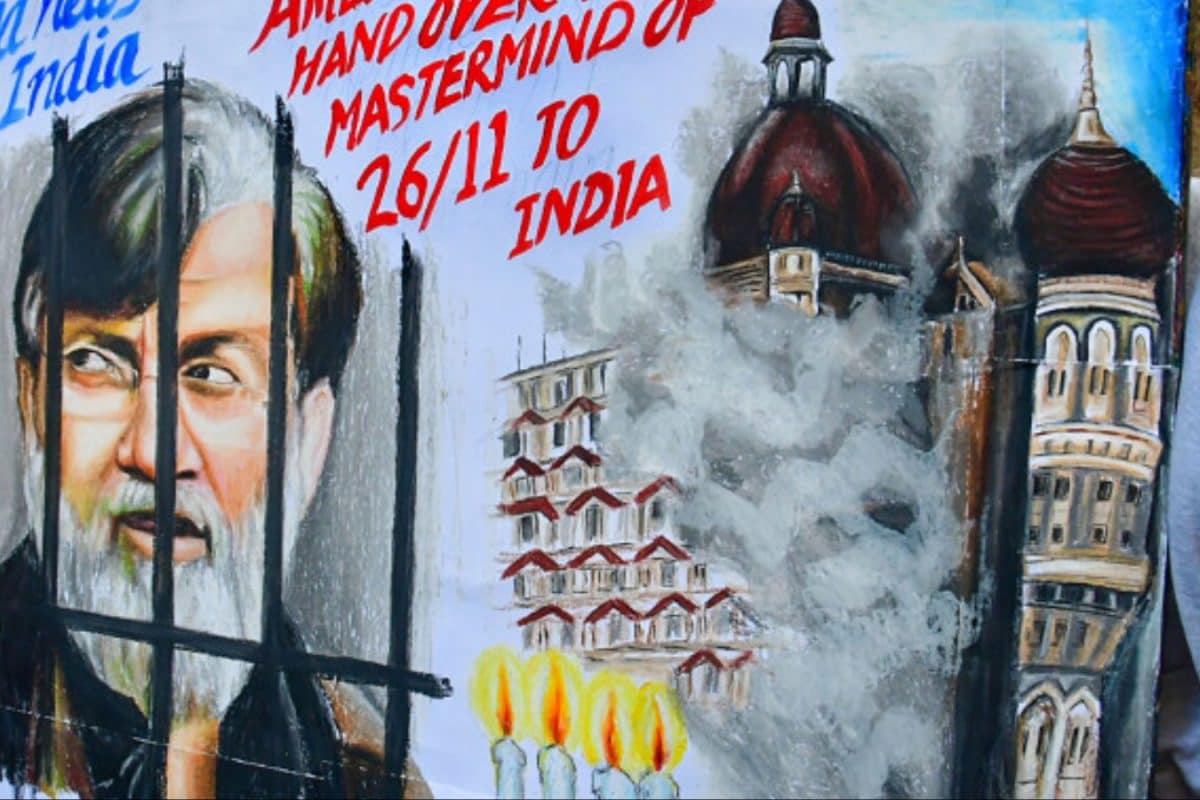

A Delhi court has extended the judicial custody of Tahawwur Hussain Rana, an accused in the 2008 Mumbai terror attacks, until August 13. The order was passed by the Special Judge Chander Jit Singh of the Patiala House Courts.
Tahawwur Rana, a Pakistani-Canadian businessman and former military doctor, is implicated in the 2008 Mumbai attacks carried out by Lashkar-e-Taiba (LeT). These attacks, which occurred between November 26 and 29, 2008, involved ten LeT terrorists who infiltrated Mumbai by sea and launched coordinated shooting and bombing attacks across the city. The attacks targeted a railway station, luxury hotels, and a Jewish center, resulting in the deaths of 166 people, including six Americans, and causing over $1.5 billion in property damage.
Rana's alleged role in the attacks involves facilitating a fraudulent cover for his childhood friend, David Coleman Headley, also known as Daood Gilani, to travel to Mumbai and conduct surveillance of potential attack sites for LeT.
After years of legal proceedings, Rana was extradited to India from the United States on April 9, 2025. This followed the U.S. Supreme Court's denial of his petition to review his extradition. Upon arrival in India, Rana was taken into custody by the National Investigation Agency (NIA). In May 2023, a U.S. magistrate judge in the Central District of California certified Rana's extradition to India. The extradition was a significant step toward seeking justice for the victims of the Mumbai attacks.
During questioning by the Mumbai Crime Branch in NIA custody, Rana reportedly admitted his presence in Mumbai during the attacks, stating it was part of the terrorists' plan. He also acknowledged attending training sessions with Lashkar-e-Taiba and that the idea of opening an immigration center in Mumbai was his.
The NIA has filed a supplementary chargesheet naming Tahawwur Rana. The court is expected to consider the chargesheet on August 13, coinciding with the extension of his judicial custody.
In June, Rana's lawyer raised concerns about his client's health, prompting the court to direct Tihar Jail authorities to submit a status report on his health condition. The court had previously rejected Rana's plea for communication with his family, with the NIA arguing that it could lead to the leakage of sensitive information.